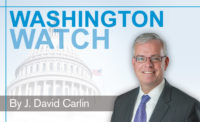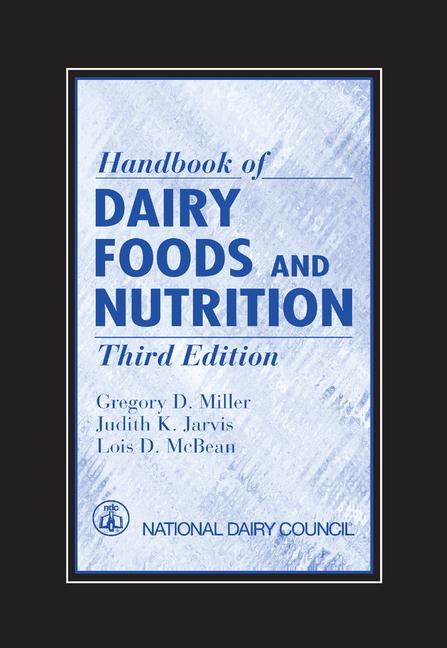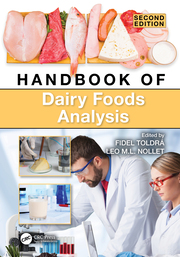Making the case for a more expansive dairy incentive program
Milk and dairy incentives are especially beneficial for nutritionally insecure populations.

Photo courtesy of sergeyryzhov / iStock / Getty Images Plus

One of the best parts about working in the dairy industry is knowing that the products we make improve the health and nutrition of so many Americans. Milk is a superfood, packing 13 essential nutrients that both children and adults need for healthy immune function, bone health, hydration, growth and development, and overall wellness.
While dairy products are repeatedly recommended by the Dietary Guidelines for Americans as a core component of a healthy eating pattern, 90% of Americans do not consume enough milk and other healthy dairy products to meet national nutrition goals.
In 2018, the International Dairy Foods Association (IDFA) worked with Congress to create the Healthy Fluid Milk Incentives Projects (HFMI). Under this pilot program, participants in the Supplemental Nutrition Assistance Program (SNAP) who purchase a qualifying milk product receive a discount or a dollar-for-dollar coupon to purchase more milk or other dairy products on their next trip to the grocery store.
Milk and dairy incentives are especially beneficial for nutritionally insecure populations, where healthy foods can come at a premium. An IDFA/Morning Consult poll found that a majority of federal nutrition program participants would purchase more nutritious milk, cheese, yogurt, and other dairy products if they received a financial incentive.
These poll results are supported by the most recent data from the more than 700 HFMI pilots in 19 states that have been launched since the inception of the program. These pilots are located in grocery stores in rural, suburban and urban areas that serve a significant number of SNAP customers, as well as on federal Indian reservations.
According to the Auburn University Hunger Solutions Institute, which administers many of the pilots, redemption rates have steadily increased over the life of the program. Pilots that were launched last year achieved a 29% redemption rate for milk coupons, on par with a similar fruit and vegetable incentive purchase program that was initiated 10 years earlier.
IDFA and Auburn are in the process of launching even more pilots this year, including new stores in southern California and across the Pacific Northwest. Our hope is that Congress will agree to make this incentive available to all SNAP participants soon.
In the meantime, there are improvements that Congress can make to the program that will make it easier for more SNAP families to access the unique nutritional benefits of dairy. First and foremost, we should expand the types of dairy products that are included in the program. Currently, only non-fat and low-fat unflavored milk are eligible for the incentive. That means that SNAP households that prefer whole and reduced-fat milk are not able to benefit from the program.
Moreover, cheese and yogurt provide the same protein and essential minerals, vitamins, and other nutrients as non-fat and low-fat milk, so IDFA recommends these nutritious dairy products also be included. We should also provide more incentives for retailers to invest in technology that will make it easier to implement the program in all types of retail outlets, including mom-and-pop grocery stores, corner stores, and bodegas.
The program should also be modified to ensure that incentives are only used to purchase additional dairy products and that pilots are located in geographic areas that serve a higher percentage of SNAP families. This will ensure that the program focuses its resources on those families who need it the most.
The Healthy Fluid Milk Incentives projects that are already underway demonstrate how purchase incentives can promote healthier food choices and help SNAP families increase their monthly food budgets. Expanding the current program to include other dairy products and making it easier for retailers to participate will ensure that even more American families can benefit from healthy dairy incentives in the coming years.
Looking for a reprint of this article?
From high-res PDFs to custom plaques, order your copy today!









